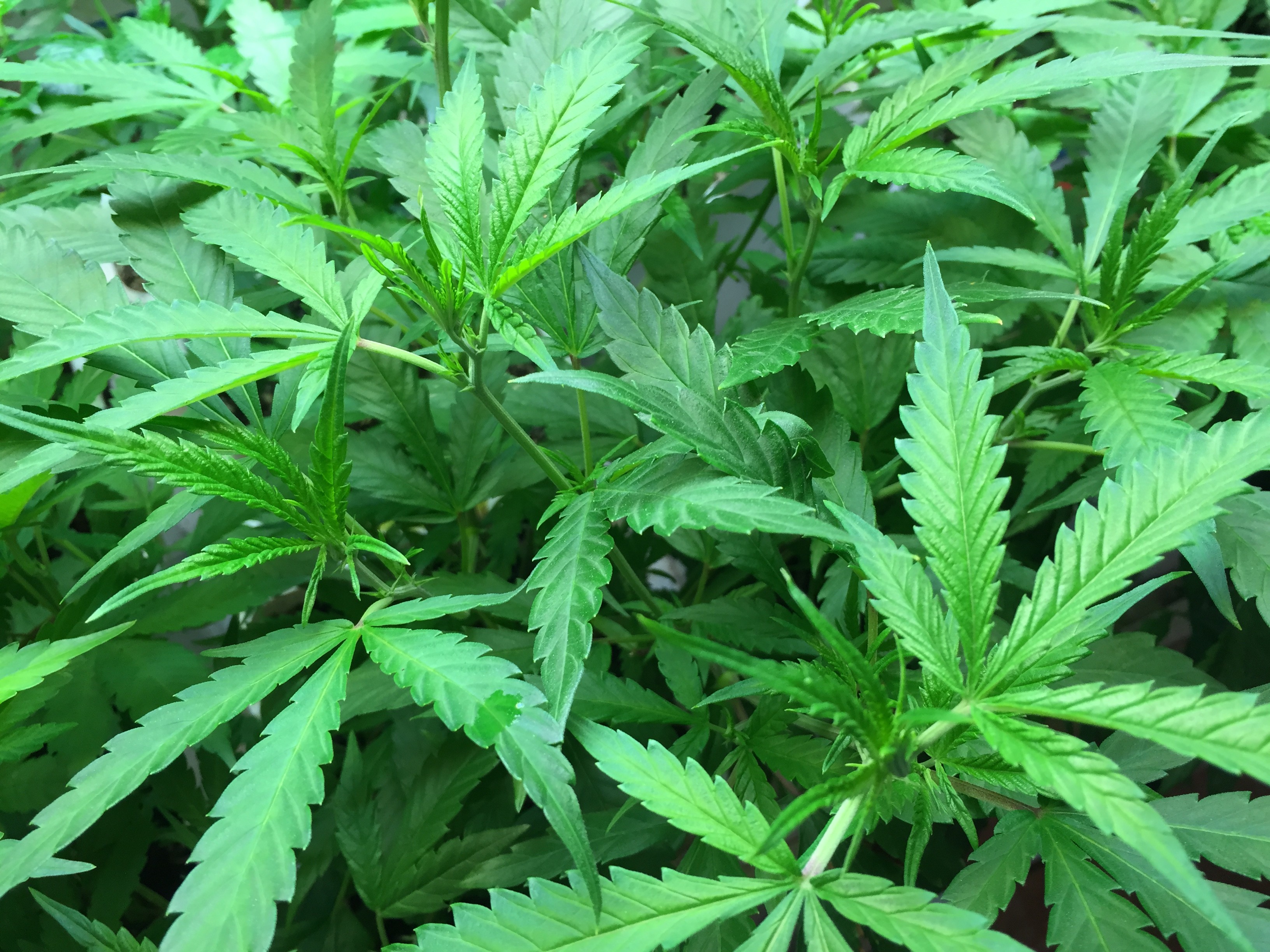
Oakland was the first city in the nation to tax marijuana back in 2009. Over the following decade, the industry grew quickly in the cannabis-friendly city. But now Oakland officials and industry leaders worry that the city’s current tax rates may be too high compared to other localities trying lure weed business.
“Oakland has been a long-time leader in this industry,” Councilmember Abel Guillen said at a city committee meeting today. “We need to find that sweet spot that works.”
Oakland currently taxes all types of cannabis businesses based on whether they operate in the medical or recreational sectors. Medical cultivators, dispensaries, manufacturers, and delivery and testing services pay 5 percent while recreational companies pay 10 percent.
Rates in other cities are somewhat lower, but Oakland’s big advantage is that it allows all kinds of cannabis businesses, from seed-to-sale.
Richmond, another highly permissive city, has set its tax rate 5 percent across the board for all types of businesses. Sacramento’s rate is 4 percent, and like Richmond and Oakland it permits growing, manufacturing, delivery, and sales.
The Berkeley City Council recently voted to lower the city’s tax rate on recreational cannabis from 10 percent to 5 percent.
Cannabis industry attorney James Anthony told councilmembers today that Oakland’s rates compound and add up across the supply chain. On top of the new state tax rates that kicked in with Proposition 64, Oakland’s higher tax rates could make the city less competitive.
“There is plenty of competition out there,” said Anthony. “The supply chain will flow where the tax is lowest.”
Debby Goldsberry, executive director of the Magnolia Wellness dispensary, said that some of her customers have already been driven into the black market where prices are lower due to no taxation. “If you do the math you will see the legal market stands no chance without tax reform,” she told the Oakland councilmembers today.
Oakland’s head of revenue and taxes, Margaret O’Brien, said the danger of over-taxing cannabis is real and that it could drive some economic activity back into the black market. She pointed to recent research about the difference in marijuana markets in Washington state and Colorado. In Washington, where tax rates are substantially higher, more consumers have stayed in the black market, whereas Colorado has enticed more producers and retailers to register and pay taxes with lower rates.
But O’Brien also said that competition is somewhat limited. Only a few Bay Area cities allow seed-to-sale activities like Oakland, and few have as big a customer base. O’Brien said that most cities in the state don’t permit cultivation, retail, and manufacturing due to opposition from residents who view it as a nuisance.
“In many ways, the NIMBYism of other cities is a benefit to us,” said O’Brien.
The Oakland City Council is considering several options with respect to its marijuana taxes, including doing nothing and keeping rates between 5 and 10 percent.
Alternatively, the council might put a measure on the November ballot to modify Oakland’s cannabis laws so that the council has leeway to set tax rates and determine other tax and regulatory measures with greater flexibility. Under current city law, which was established by a 2010 ballot measure, the Oakland council does not have the authority to lower cannabis taxes without voter approval.
Councilmember Dan Kalb said at today’s hearing he thinks local tax rates need to drop in order to attract all kinds of cannabis businesses to the city.
Michael Wheeler, a vice president at the cannabis delivery company Flow Kana, said his firm already has about 60 employees in Oakland, but that it’s the local tax rate that is the “leading criteria” in terms of deciding where to expand or locate new operations.












